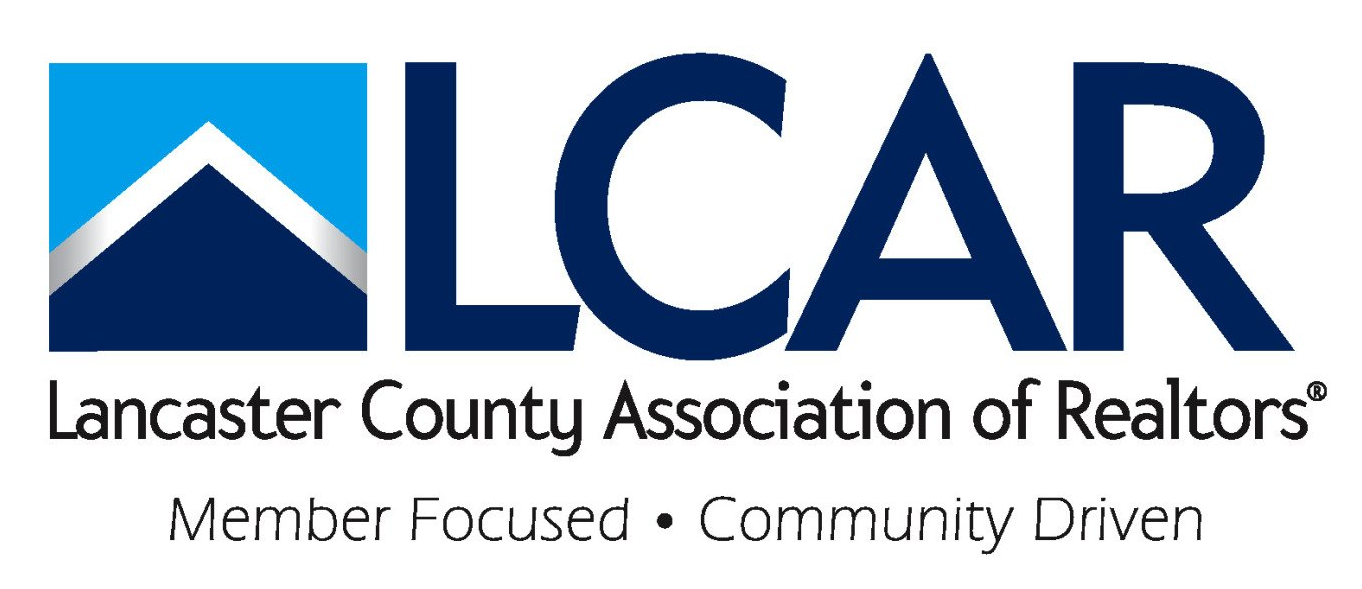Wholesaling Updates

I think it’s safe to say that the past year saw a lot of change for our industry. With the NAR settlement front and center, and the fallout from that with the restructuring of how cooperating broker compensation is disclosed, we were forced to rewire our brains and adapt to new business practices. But the NAR settlement wasn’t the only catalyst for change this past year. Another important change that didn’t get quite as much attention were the changes in regards to wholesaling, specifically Act 52, which went into effect January 4th of this year. But before we talk about what those changes are, let’s first talk about what wholesaling is.
By definition, wholesaling is a short-term investment strategy in which a wholesaler secures a property under contract and then quickly transfers that contract to another buyer for a profit, without ever taking ownership of the property. In practice, a wholesaler begins by locating a property which in most cases is being sold below market value, often a distressed property or one owned by a seller needing to sell quickly. The wholesaler then negotiates a purchase contract with the seller. The wholesaler, having no interest in actually owning the property, searches for a buyer who does want to own the property, typically a cash buyer or investor, willing to pay a higher price for the property than what they paid. The wholesaler acts more or less as a middleman. Once a buyer is found, the wholesaler assigns the contract to them, and the buyer closes the deal, taking ownership of the property. The wholesaler, in essence, is selling their interest and thus profits by earning a fee from the difference between their purchase price and the price they sell the contract for. While there's more to the process, this provides a general overview.
So what changed?
Before Act 52 went into effect, wholesaling was for the most part unregulated and seen by many as an exploit to practice real estate without needing to hold a license. That has changed. Act 52 has amended the Real Estate Licensing and Registration Act, or RELRA, to include those who engage in wholesale transactions. Pennsylvania’s Real Estate Licensing Law now defines “wholesale transactions”, and requires those who conduct in wholesale transactions to register with the state and be licensed by the Pennsylvania State Real Estate Commission. Before January 4th, wholesalers were just running amok with reckless abandon. Ok so maybe that’s a little dramatic, but wholesaling was seen by most in our industry as engaging in real estate practice and thus should require a real estate license.
On top of a license being required to engage in wholesaling practices, disclosures are required for both buyers and sellers who may be involved in a wholesale transaction. This requirement applies to agreements between the property owner and the wholesaler, as well as disclosures between the wholesaler and the final buyer. Compensation has also impacted by the new rules and regulations. The same rules that apply in all other real estate transactions also apply to wholesale transactions, meaning anyone practicing wholesaling cannot accept commission from anyone other than their real estate broker.
There is a whole lot more that is involved with all of the recent changes when it comes to wholesaling, this is just meant to serve as a general overview of the changes. For more information regarding wholesaling, visit PAR’s website at https://www.parealtors.org/resources/wholesaling-overview/.
-Copyright © Wholesaling Updates, Richard Boas III, Berkshire Hathaway HomeServices Homesale Realty. 2025. All Rights Reserved.
Facts, opinions and information expressed in the Blog represent the work of the author and are believed to be accurate, but are not guaranteed. The Lancaster County Association of Realtors is not liable for any potential errors, omissions or outdated information. If errors are noted within a post, please notify the Association. Posts represent the author's opinion and are not necessarily the opinion of the Association.










